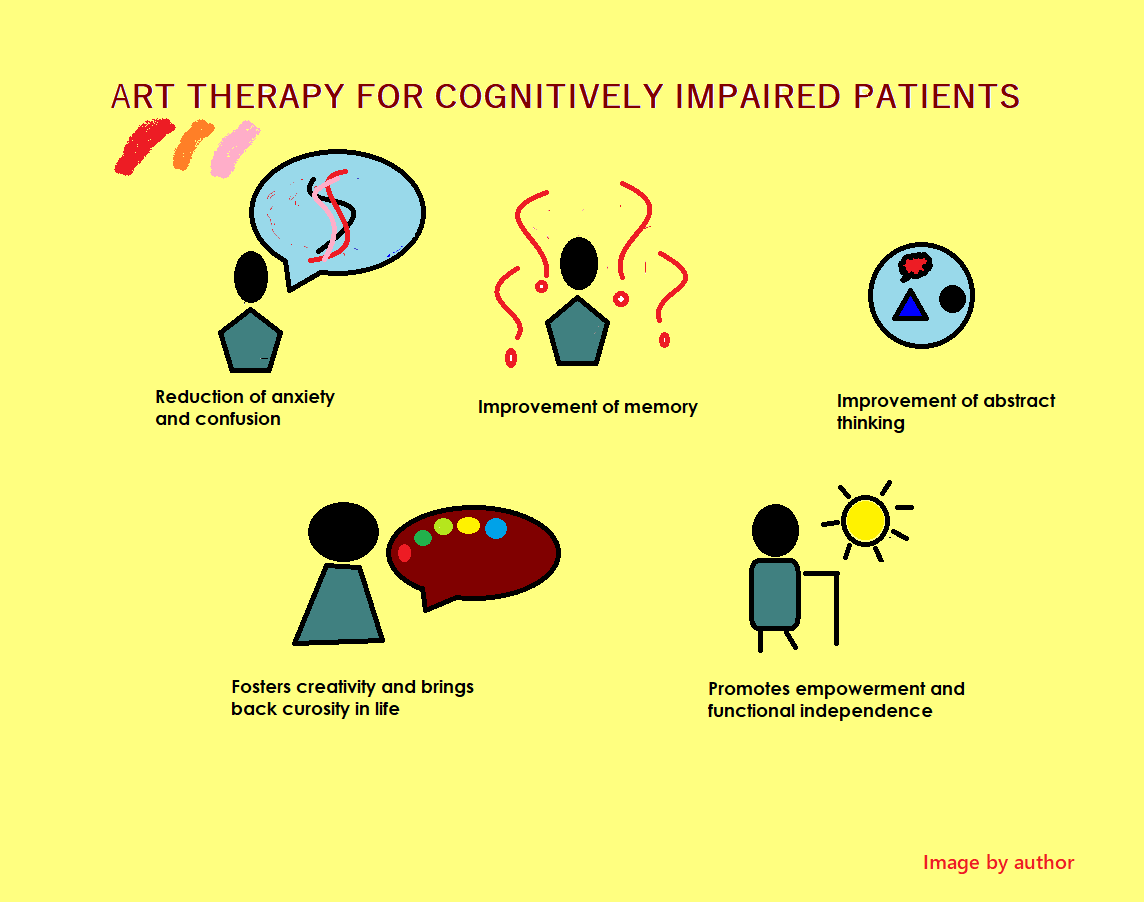Bringing humor to the news may be a perfect combination for encouraging people to remember information and then share it with people they know.
By Li Tong Low
Browsing through the internet and finding yourself laughing at the jokes in the news? Still remember the funny stories that your friends shared and you re-shared via Facebook or Twitter? News stories conveyed with humor put smiles on our faces, and they do more than that.
Researchers from the Ohio State University and University of Pennsylvania have found that humorous news stories are more likely to be shared and remembered.
Humor, news sharing, and memory
Dr. Jason Coronel and colleagues presented 88 participants aged 18–35 years with short video clips of actors reading news stories, and the brain activity of 48 of the participants was recorded as they watched the clips inside a brain scanner. Half of the clips were humorous (i.e., the new stories were presented with humor by ending with a joke), whereas the other half were non-humorous (i.e., the news stories were presented in the regular way without a joke). Later, the researchers asked the participants to recall the policies mentioned in the clips and indicate if they had seen a policy in the clips. The researchers also asked participants to re-watch the clips and indicate how likely they would share the clips with others via face-to-face chat, email, and social media.
Participants reported that they were more willing to share humorous clips than non-humorous clips with others via email and social media. When watching humorous clips (compared to non-humorous clips), participants showed greater activity in several brain regions involved in mentalizing (i.e., thinking about other people’s thoughts and beliefs). Moreover, participants who showed greater activity in the mentalizing brain regions reported greater intentions to share the clips with others. Participants were also better at remembering the humorous clips than the non-humorous clips.
RELATED: Read about the connection between play behavior and the brain
Humor helps
Previous studies have suggested that humor helps us better remember political information, perhaps by directing our attention to the information that we expect to bring fun. This study further suggests that humor not only helps to improve memory for news information, but it also helps to motivate sharing of the information. When we come across news delivered with humor, we are more likely to consider how other people might feel and respond to the information and then decide to share the information.
“For democracy to work, it is really important for people to engage with news and politics and to be informed about public affairs,” researcher Dr. Emily Falk says. People often learn about politics from the news shared by family, friends, and social media. News conveyed with humor is more likely to be shared and remembered, thus humor may help to spread information more widely and effectively. “Our results suggest that humor can increase knowledge about politics,” Dr. Coronel says. As humor might be inappropriate or offensive when delivering highly sensitive issues (e.g., abortion, immigration), the researchers call for future research to examine the use of humor for these issues.
This study was published in the Journal of Communication.
Reference
Coronel, J. C., O’Donnell, M. B., Pandey, P., Delli Carpini, M. X., & Falk, E. B. (2020). Political humor, sharing, and remembering: Insights from neuroimaging. Journal of Communication. Advance online publication.
About the Author
Li Tong Low is a research assistant working on neuroscience and psychology projects. She is engaged in research translation and enjoys writing about scientific discoveries for the public.
Featured image courtesy of Overduebook via Flickr.




